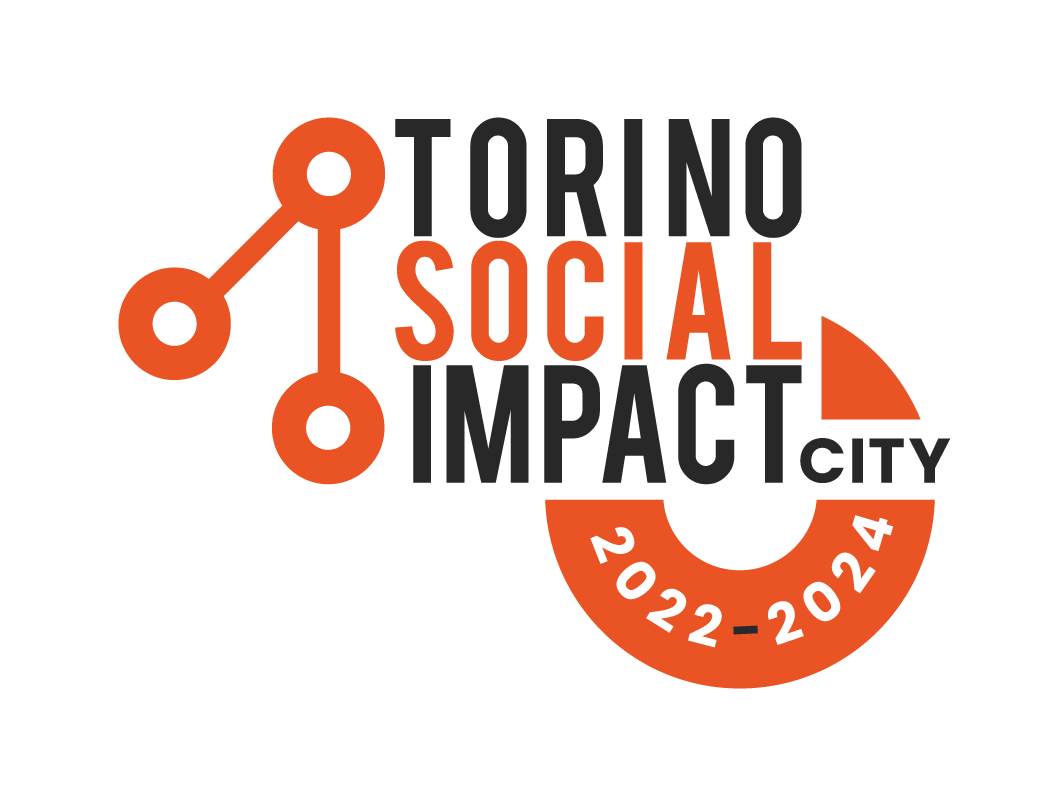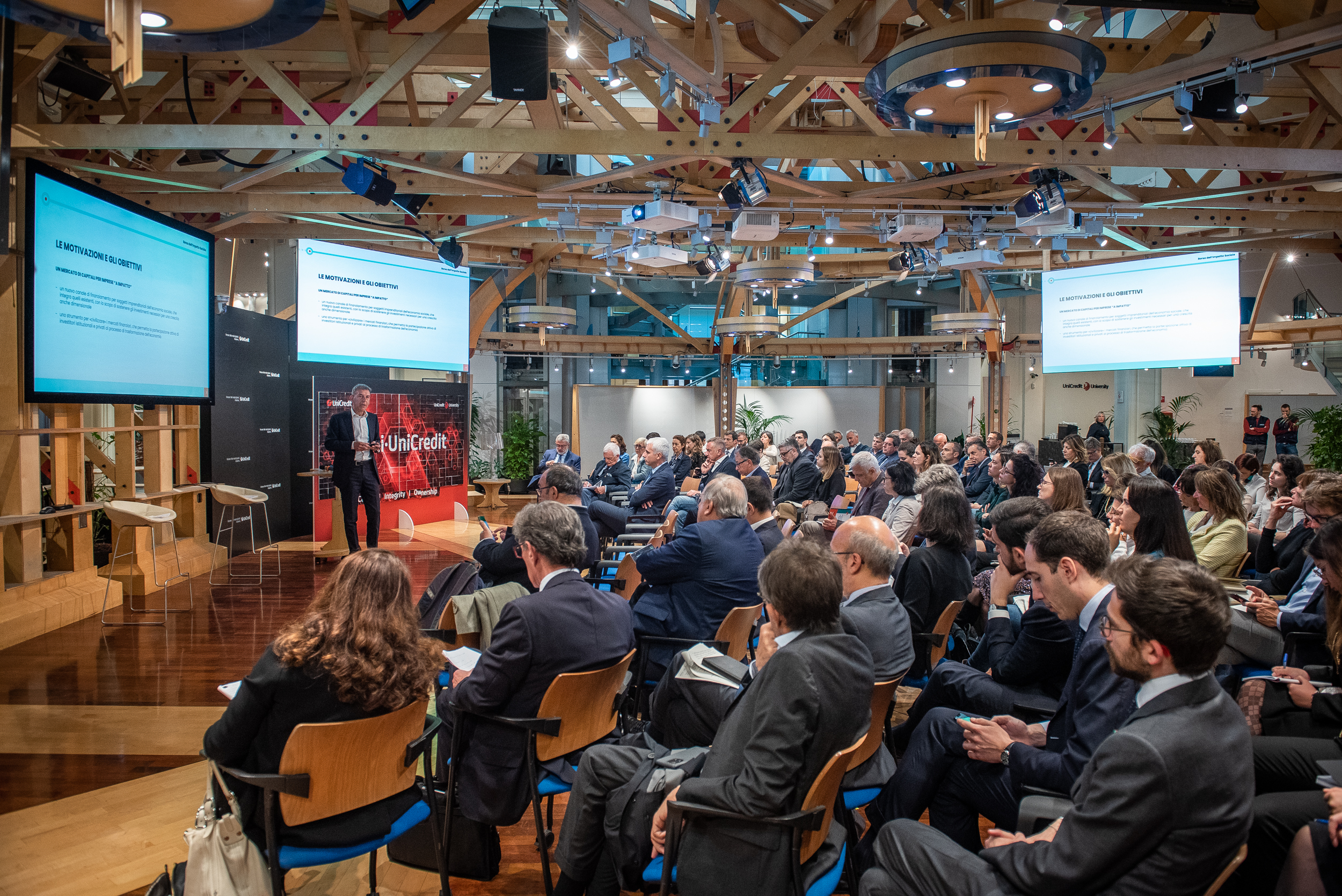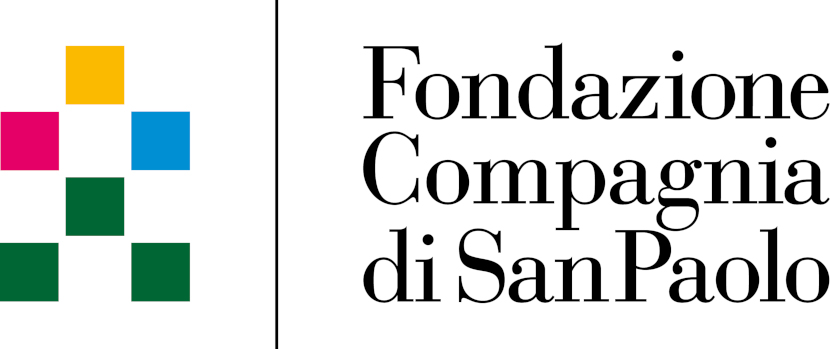The feasibility study
Carried out in 2019 with the aim of verifying the feasibility conditions for the creation of a Social Impact Exchange, the feasibility study includes benchmarking with international experiences (London, Singapore, Spain, New York, Johannesburg), analysing the supply and demand system, identifying the access requirements and related control processes, and defining the financial sustainability model. You can rewatch the talk here.
The working group that realised it saw the contribution of the Turin Chamber of Commerce; Compagnia di San Paolo Foundation; CRT Foundation; Tiresia International Research Centre on Social Impact of the Milan Polytechnic; Bocconi University; University of Turin; Cottino Foundation; and the company Avanzi, specialised in sustainability projects, which had already carried out a study on the subject in 2009. The best international practices of existing Social Exchanges were analysed: SSX – Social Stock Exchange (UK), IIX – Impact Investment Exchange (Singapore and Mauritius), JSSE – Jamaica Social Stock Exchange, MM – Mission Markets (USA), SVX – Canada Social Venture Connexion, Bolsa de Valores Sociais (Brazil), SASIX – South African Social Investment Exchange (South Africa), KSIX – Kenya Social Investment Exchange (Kenya), LGX – Luxembourg Green Exchange, Bolsa Social (Spain). The analysis made it possible to trace the main characteristics of these experiences and to identify strengths and weaknesses.
The feasibility study
Carried out in 2019 with the aim of verifying the feasibility conditions for the creation of a Social Impact Exchange, the feasibility study includes benchmarking with international experiences (London, Singapore, Spain, New York, Johannesburg), analysing the supply and demand system, identifying the access requirements and related control processes, and defining the financial sustainability model. You can rewatch the talk here.
The working group that realised it saw the contribution of the Turin Chamber of Commerce; Compagnia di San Paolo Foundation; CRT Foundation; Tiresia International Research Centre on Social Impact of the Milan Polytechnic; Bocconi University; University of Turin; Cottino Foundation; and the company Avanzi, specialised in sustainability projects, which had already carried out a study on the subject in 2009. The best international practices of existing Social Exchanges were analysed: SSX – Social Stock Exchange (UK), IIX – Impact Investment Exchange (Singapore and Mauritius), JSSE – Jamaica Social Stock Exchange, MM – Mission Markets (USA), SVX – Canada Social Venture Connexion, Bolsa de Valores Sociais (Brazil), SASIX – South African Social Investment Exchange (South Africa), KSIX – Kenya Social Investment Exchange (Kenya), LGX – Luxembourg Green Exchange, Bolsa Social (Spain). The analysis made it possible to trace the main characteristics of these experiences and to identify strengths and weaknesses.
The international benchmark was followed by a qualitative and quantitative analysis of supply and demand to identify potential stakeholders on both fronts, attractiveness factors, investment choice factors, admission requirements, and measurement criteria. Therefore, a possible structure for a capital market for social enterprises was outlined, with the creation of ‘social’ segments of already existing markets and the inclusion of additional requirements. The legal form will not be the discriminating factor, but rather the formal declaration of the will to achieve social impact, understood as that intentionally sought with indicators established ex ante and assessable ex post and in undercapitalised areas.
The results of the feasibility study were presented on 30 September 2020 at the event Financial Markets for Impact: Model and Feasibility Study for a Social Exchange as part of the 8th CSR and Social Innovation Fair. Materials related to the feasibility study are available within the restricted area.



 FINAL REPORT SIMULATED LISTING 2023
FINAL REPORT SIMULATED LISTING 2023 SEE TESTIMONIALS
SEE TESTIMONIALS 






